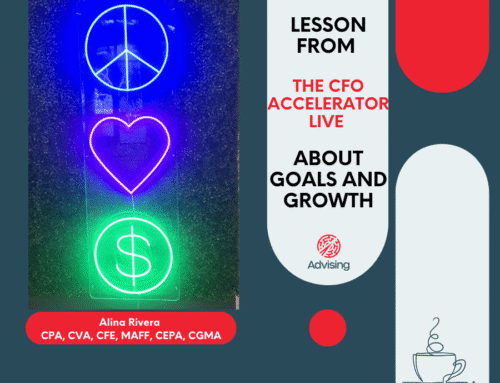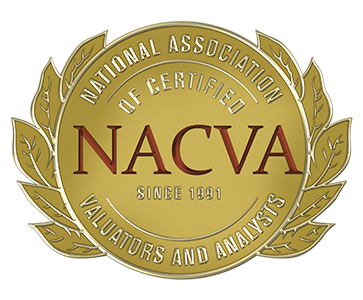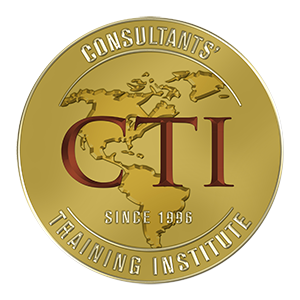
(Blog Series 2 of 10)
Today, let’s continue our series designed to equip entrepreneurs with the tools they need to set the tone for success in this new year. Ever notice how, at the beginning of the year, everyone’s buzzing about vision boards and their grand plans for the months ahead? People pin their dreams on digital boards, print them out, and stick them to mirrors. But here’s the kicker: how many of those aspirations turn into reality? Are they actual goals or just dreams lacking a solid plan?
The same goes for business owners. I often hear them talk about their big dreams for the future, but when you ask about a plan, it’s crickets! Dreams are great, but without a plan, they’re just wishes. And that, my friend, is a recipe for failure. Without a roadmap, only a fraction of those goals will see the light of day by the year’s end. Having goals without a plan is like taking shots in the dark.
That’s where SMART goals come into play, a game-changer in turning dreams into tangible achievements. Now, I know it sounds like I’m saying you haven’t been smart about your goals. No, no! I’m talking about your goals needing to be SMART – Specific, Measurable, Achievable, Relevant, and Time-Bound.
Let’s break down what each of these criteria means:
Specific:
Clearly defining your goals increases the chance of success. Ask yourself the “W” question: What are you looking to achieve? Why is it important? Who’s involved? Where will it happen? Which resources are needed? When do you plan to complete this goal?
Measurable:
Successful goals are trackable and measurable. This tracking component is crucial for achieving success because it allows you to monitor your progress and make necessary adjustments. How many? How do you know when you’ve met the goal? Establish concrete metrics to monitor your progress.
Achievable:
Ensure your goals are realistic and reachable. Challenge yourself, but make sure you have the resources to succeed. Aim for success that pushes your limits but remains within your grasp. Are you sure you can do this? Do you have enough resources?
Relevant:
Align your goals with your values and overall life objectives. This ensures that your aspirations are meaningful and contribute to your broader life purpose. Does the goal align with your other aspirations? How will the result matter to you?
Time-Bound:
Set a deadline for goal completion. This creates focus and momentum. Not giving your goal a specific timeframe or leaving it too open-ended can lead to your efforts getting shuffled around or make it challenging to measure your progress. What’s the deadline for accomplishing this goal?
Implementing these aspects into your goals helps create a plan for success in the new year. And let me tell you, I am not talking about some techniques that I do not practice or do not believe in. I make sure I practice what I preach.
Take, for example, one of my personal goals for 2024, walking the last 100km of the Camino de Santiago. Without the SMART technique, it might sound like, “Walking the last 100km of Camino de Santiago in September 2024.” But with SMART, it becomes, “By September 2024, I will complete the final 100km stretch of the Camino de Santiago pilgrimage, starting from Sarria. I will follow a training plan that includes regular walks, gradually increasing the distance each week, to build physical endurance. Additionally, I will research and prepare for the journey, ensuring I have the necessary gear and accommodations booked”.
Now, let’s break down the S.M.A.R.T. components of my goal:
Specific:
The goal specifies the location and distance: “Walking the last 100km of Camino de Santiago.”
It identifies the starting point: “Starting from Sarria.”
Measurable:
The distance of the walk (100km) provides a measurable criterion.
The training plan involves gradually increasing the distance each week, allowing for measurement and progress tracking.
Achievable:
The goal is achievable as it focuses on a specific section of the Camino de Santiago, and walking 100km is a realistic and attainable objective.
Relevant:
The goal is relevant to me and my dream of completing the Camino de Santiago pilgrimage.
The training plan and preparations contribute to the relevance by ensuring that I am physically and logistically prepared for the journey.
Time-Bound:
The goal has a specific deadline: “By September 2024.”
It sets a clear timeframe for completing the last 100km of the Camino de Santiago pilgrimage.
It might seem like a lot, but don’t let it overwhelm you. Start with baby steps! Take a look at your three to five goals for the year, jot down the general ideas, and then address the questions for each SMART criterion. Revisit and adjust them throughout the year if needed. While circumstances may change, refrain from using them as excuses for inaction that hinders goal achievement.
Share your SMART goals with your team, a friend, a family member, or a colleague. This isn’t about judgment; it’s about accountability. By sharing your goals, you’re not alone on this journey; you have a buddy cheering you on. Whether it’s a business triumph, a personal development milestone, or finding that work-life balance, set those SMART goals, share them.
Let’s turn those dreams into achievable, fulfilling realities and revel in each achievement together!













